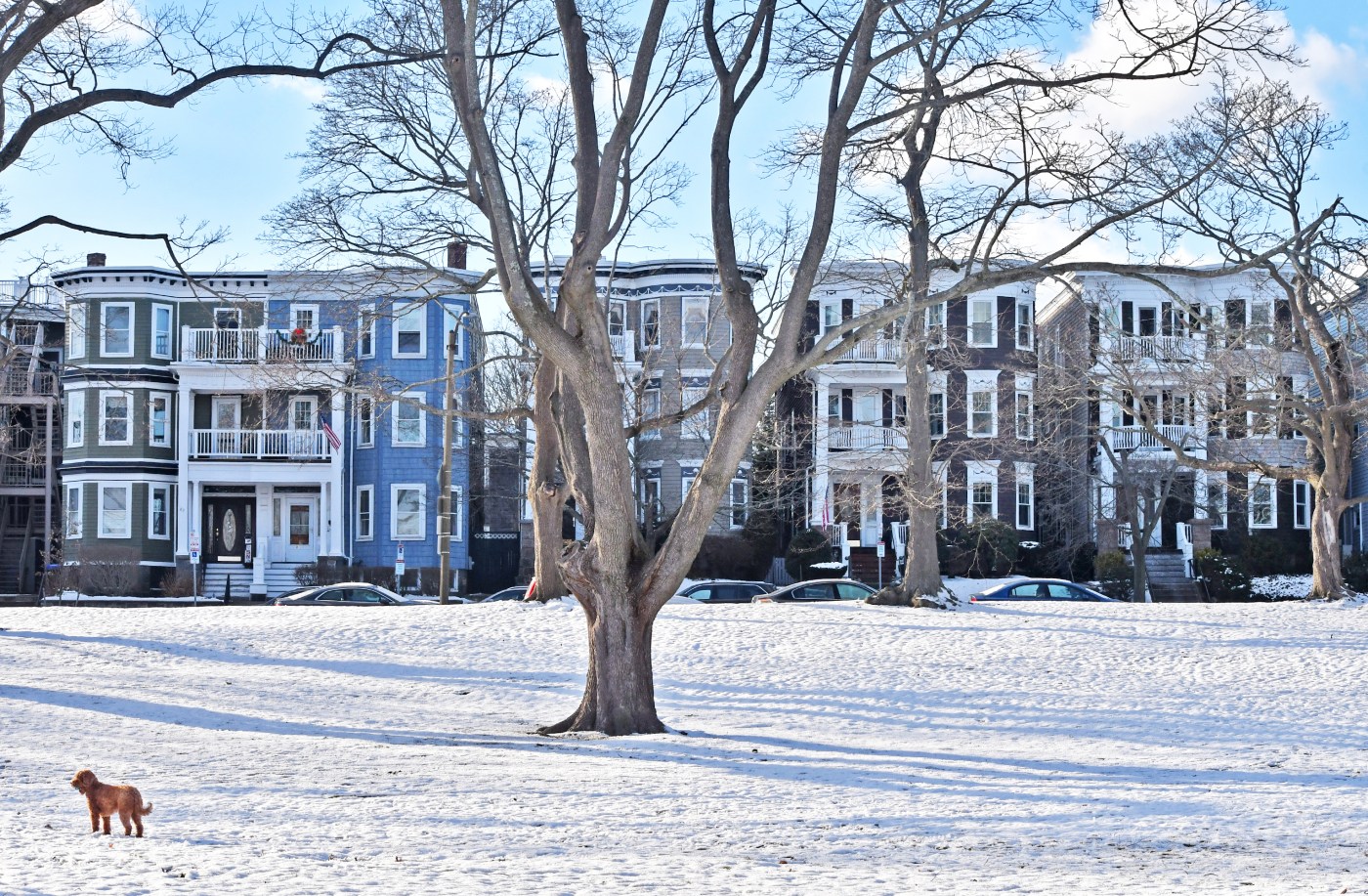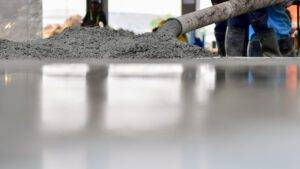
Sticker shock: Boston homeowners seeing higher property taxes in 2024
Many Boston homeowners were hit with a higher tax bill this month, an unsavory start to the new year driven by property values that are rising faster than the city’s efforts to provide a larger discount for owners who also reside in their homes.
The city set its residential tax rate at $10.90 per $1,000 of assessed property value for fiscal year 2024, up from $10.74 in FY23, but the burden of that increase differs depending on whether a homeowner lives in or rents out their property.
Owner-occupants are eligible for a roughly $3,610 residential exemption this year in Boston, which would effectively lower a tax bill by that amount. The bill for a $500,000 home would be $1,839 with the exemption, but owners who rent out their properties would pay $5,450.
The maximum exemption recommended by Mayor Michelle Wu and adopted by the City Council last month is roughly $154 higher than last year, city data show.
While the exemption is not offsetting the rise in property values that are leading to higher taxes, “it does do a pretty strong job of mitigating that increase in the tax rate,” Boston’s Commissioner of Assessing Nicholas Ariniello told the Herald.
Data provided by the city show that taxes would actually be declining for many homeowners due to that residential exemption and the City Council’s decision to shift 175% of the tax burden from the residential to commercial side, the max rate allowed under state law, if property values stayed the same.
Residents are not benefiting, however, from commercial values largely staying stagnant, Ariniello said.
The data show, for example, that the tax bill for that $500,000 home was $74 higher in fiscal year 2023, or $1,914, and that taxes would not increase until a value hit roughly $1 million.
However, the same data, and a Herald analysis of the assessed value of properties owned by the mayor and several city councilors indicate that’s not the case, as both the average single-family home in Boston and those individual homes increased.
Related Articles
Boston Mayor Wu punts rejected anti-terror grant back to City Council
Boston Mayor Wu to campaign for Biden in New Hampshire on heels of Trump victory in Iowa
Boston Mayor Wu supports federal delegation’s ‘positions and actions’ in Israel-Hamas War
Leaders warn of ‘attacks’ on democracy, values at Boston’s 54th Annual Martin Luther King Jr. Memorial Breakfast
Boston Mayor Michelle Wu not interested in top job at Harvard
The assessed value of the average single-family home increased from $798,397 to $837,827, meaning that the average single-family tax bill rose from roughly $8,574 to more than $9,132 without the exemption, and from $5,118 to $5,522 with the exemption this year, representing a 6.5% and 7.89% increase, respectively.
The tax increase also varies depending upon the neighborhood and factors such as whether an owner remodeled or added to their home, Ariniello said, noting that assessments are also driven by the market and property values may increase more in wealthier parts of the city.
Mayor Wu, who lives in Roslindale, saw her two-family home’s assessed value increase from $742,200 in 2023 to $772,000 in 2024, leading to a roughly 5.5% gross annual tax increase — from $7,971 to $8,414. The exemption would have brought this year’s amount down to $4,361.
City Council President Ruthzee Louijeune, who recently bought a home in Mattapan, saw a dramatic increase in her taxes this year, however. Analyze Boston property assessment data shows that her home, which she bought in early 2022, was remodeled a few years ago, but it was unclear if that was a contributing factor.
Her assessed home value increased from $394,500 in 2023 to $483,600 in 2024, resulting in a whopping 24.4% gross tax increase, from $4,236 to $5,271 in those respective years. The exemption, however, would have decreased her 2024 tax bill to $1,661.
City Councilor Ed Flynn, whose term as the body’s president ended last month, saw a 9.6% increase in gross taxes for his South Boston single-family home, based on his property’s assessed value increasing from $640,400 to $691,600. His gross tax bill would be $7,538, but would be reduced to $3,928 with the exemption.
Two new city councilors, John FitzGerald of Dorchester and Benjamin Weber of Jamaica Plain, own homes that are assessed at more than $1 million this year.
FitzGerald saw an 8.5% increase in gross taxes, from $10,089 to $10,952 for his two-family home, but his 2024 tax bill would decrease to roughly $7,352 with the exemption. His home is valued at a little over $1 million, up from $939,400 in 2023.
Weber’s gross tax bill of $11,752 jumped 7.5% for his $1.078 million single-family home in 2024, but the residential exemption would decrease that amount to $8,142.
Like FitzGerald, City Councilor Julia Mejia owns a two-family home in Dorchester, but the assessed value is lower at $726,200, up from $691,600, leading to a 6.5% increase in her gross taxes. With the exemption, she would pay $4,305, compared to $7,915 without it, city data show.
Other city councilors appear to be renters.
While city officials touted the steps they’ve taken to give homeowners a break in recent years, David Tuerck, president of the Beacon Hill Institute, said the city “should take a look at the budget before they raise taxes.”
“Higher taxes are a very bad idea for many reasons,” Tuerck told the Herald. “People are not going to want to buy a house when they pay higher taxes.”
Matt Cahill, executive director of the Boston Finance Commission, another watchdog agency, agreed while providing information that showed 72% of total revenue in the city’s $4.28 billion budget comes from property taxes.
He suggested looking into where duplicative services can be cut in the budget, in terms of where two people may be performing the same job, or two departments have similar functions.
“I don’t think the answer is just to keep collecting revenue,” Cahill said. “I think part of the answer is to start looking at where the money’s going and if we can spend that money in a smarter way.”
Ariniello said, however, that the city is restricted by what the state allows, in terms of proposition two and a half limiting property tax revenue due to new growth, and that having the city budget be largely dependent on tax revenue helped to provide stability during the COVID-19 pandemic, and helped to prevent cuts in city services.
He added that because the budget “relies on such a strong and stable source of value, it’s value that benefits both our residents and keeps our city in a place where it can continue to provide services at the level that we provide.”
Ariniello also pointed to data that showed the city’s single-family taxes are lower on average than most of Greater Boston, and said that while rising property assessments may lead to higher taxes, they also increase a homeowner’s investment, allowing them to sell at a higher amount than what their property was purchased at.

